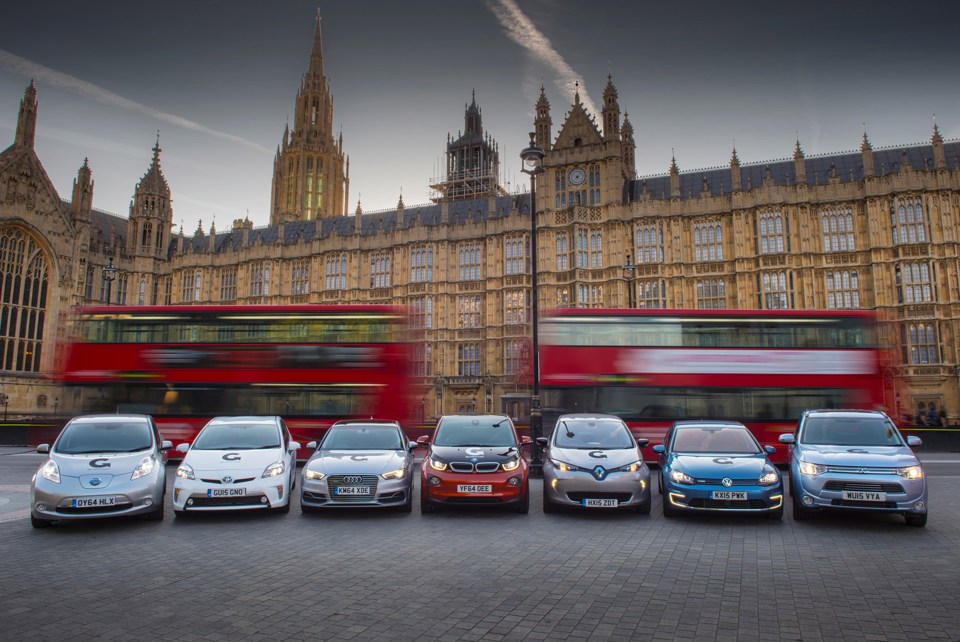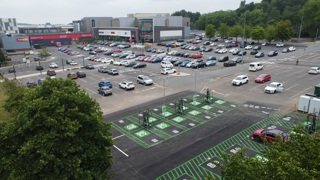Around one in ten UK consumers intend to make their next car purchase an electric vehicle (EV), according to Deloitte’s latest Global Automotive Consumer Survey.
The research, based on responses from more than 1,200 driving-age consumers in the UK, reveals increased interest in EVs, and marks a doubling from 5% in 2018, and 6% in 2019.
Michael Woodward, UK automotive lead at Deloitte, commented: “2020 will see an influx of new EV models enter the UK car market. At the same time, consumer anxiety around battery range is gradually improving as the underlying technology evolves and feasibility of driving electric realised.
“However, the current price of an EV, combined with the ability to charge one, could be holding back more consumers from making the switch to pure electric in the immediate term. For those consumers who aren’t yet ready, alternatively fuelled cars, such as hybrid electric, tend to be preferred with over a third of consumers seeking this option as their next car. Whilst there is clearly still work to be done, these vehicles provide an initial step towards a fully electric future.”
EVs are more appealing for company car drivers, with no Benefit-in-kind tax to pay in 2020/21 and just 1% in 2021/22.
Set against a rapidly increasing tax position for petrol and diesel models, thanks to the introduction of WLTP figures from April, fleet customers should be a priority for manufacturers.
Throughout 2019, EV supply for fleets was restricted as manufacturers opted to focus on private buyers – offering pre-orders via online sales websites or through dealerships.
It is expected that more vehicle will be available to fleets in 2020, although deliveries on many models are still likely to be delayed as manufacturers work through backlogs.
A third (33%) of consumers surveyed identified a lack of charging infrastructure as their main concern when considering the move to electric.
On average, drivers surveyed by the RAC said the minimum range of an electric vehicle would have to be 368 miles before they would consider getting one when their current vehicle needs to be replaced.
Conversely, 45% of consumers identified lower emissions and operating costs of EVs as a top driver to make the changeover.
Woodward added: “While the uptake of EVs is unlikely to overtake demand for traditional petrol or diesel cars any time soon, a tipping point is likely to be reached in 2021. At this point, the cost of ownership, a major consideration for consumers, is set to converge with EV sales and expected to take a significant share of the market. Meanwhile, company car tax rates changes this coming April could see demand for EVs hit an all-time high as tax rates are reduced to 0%.”




















Login to comment
Comments
No comments have been made yet.